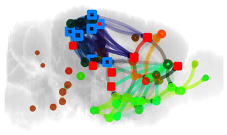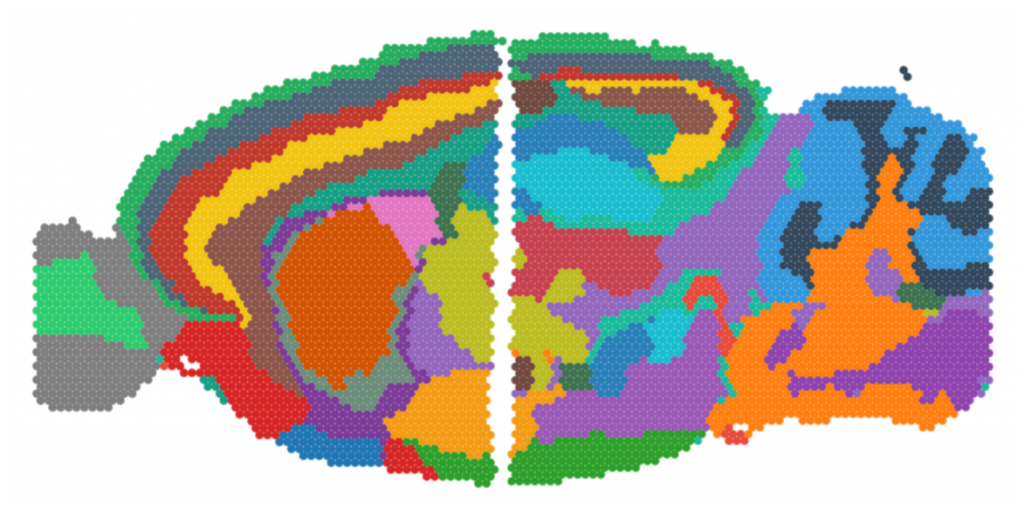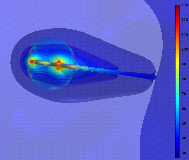 Biomedical Data Science, AI, and Modeling seek to advance our understanding of the structure, function, and dysfunction of human and biological systems through analyses of large and complex biological imaging and informatics datasets or through mathematical representations from first principles. The methods span computer science, engineering analysis, and data curation to determine critical information that is often impossible to discern by human observation or is intrinsically difficult to measure. These problems can span an enormous breadth of applications to include the generation of integrative models of large-scale neural data, the use of statistical models to decipher biology and genomic data, the augmentation of imaging techniques to improve tissue contrast with machine learning, the embedding of sophisticated computer models within therapeutic platforms to predict response, or integrative analysis models of large-scale
Biomedical Data Science, AI, and Modeling seek to advance our understanding of the structure, function, and dysfunction of human and biological systems through analyses of large and complex biological imaging and informatics datasets or through mathematical representations from first principles. The methods span computer science, engineering analysis, and data curation to determine critical information that is often impossible to discern by human observation or is intrinsically difficult to measure. These problems can span an enormous breadth of applications to include the generation of integrative models of large-scale neural data, the use of statistical models to decipher biology and genomic data, the augmentation of imaging techniques to improve tissue contrast with machine learning, the embedding of sophisticated computer models within therapeutic platforms to predict response, or integrative analysis models of large-scale  datasets to address multiple dimensions of biomedical questions spanning bioinformatics, computational neuroscience, and machine learning. A significant focus of research in the department is also on the development of optimal AI algorithms and mathematical models that describe these underlying biological processes. The tight integration of experimental, theoretical, and computational approaches allows a much deeper understanding of biomedical problems than traditional approaches. Students who want to work in this domain often will develop skill sets in programming, numerical analysis, machine learning, mathematics, optimization, image processing, and data management.
datasets to address multiple dimensions of biomedical questions spanning bioinformatics, computational neuroscience, and machine learning. A significant focus of research in the department is also on the development of optimal AI algorithms and mathematical models that describe these underlying biological processes. The tight integration of experimental, theoretical, and computational approaches allows a much deeper understanding of biomedical problems than traditional approaches. Students who want to work in this domain often will develop skill sets in programming, numerical analysis, machine learning, mathematics, optimization, image processing, and data management.